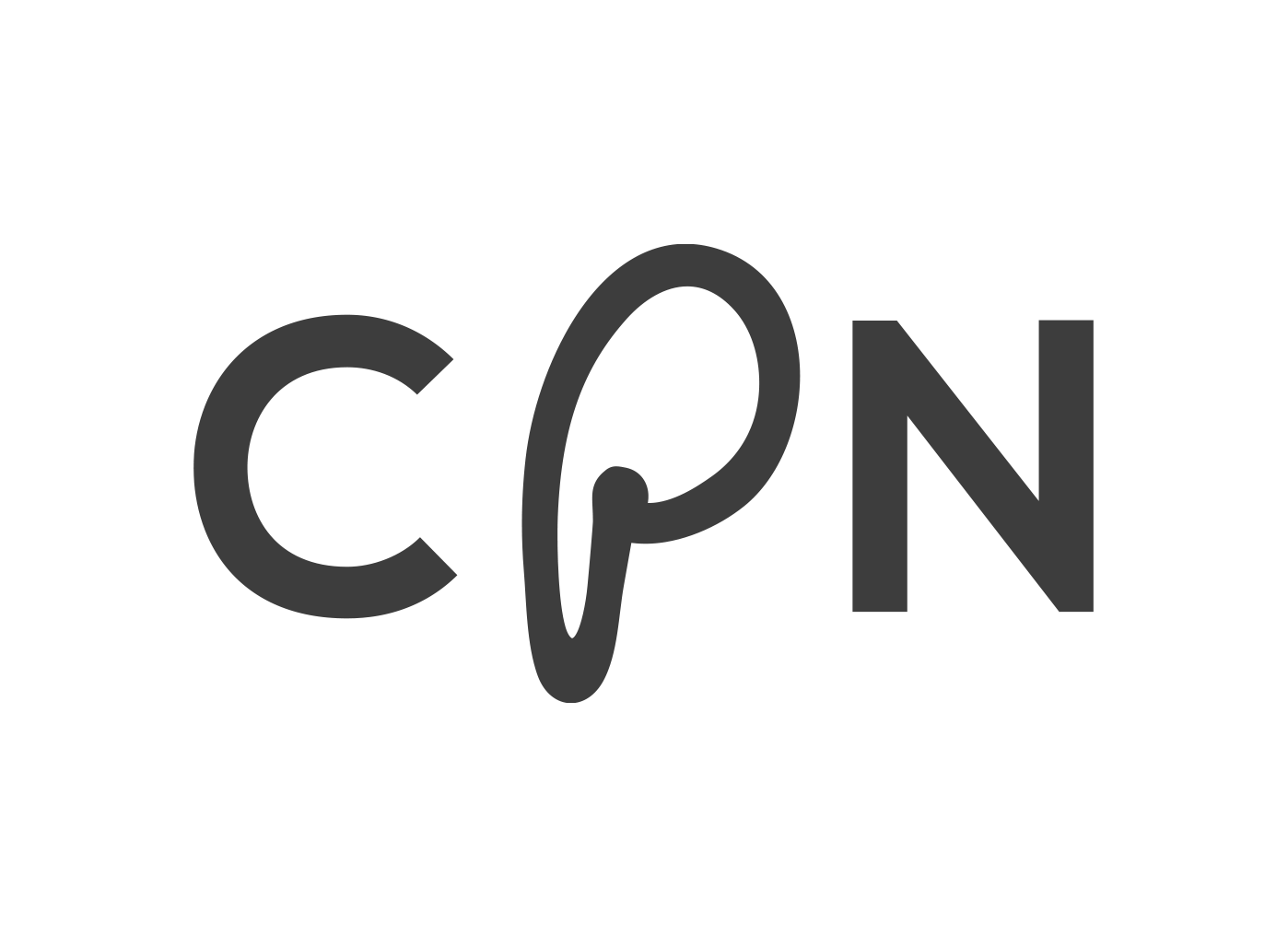Business Loan Denials in a Recession: How to Secure Funding
- Why do businesses face more loan denials during a recession?
- How does a recession impact bank credit standards?
- What challenges do small businesses encounter when seeking loans in a recession?
- Are there strategies to improve the chances of obtaining a business loan in a recession?
- How can enhancing my business credit score help during a recession?
- What are alternative financing options for businesses unable to secure traditional loans in a recession?
- How does addressing cash flow challenges improve my chances of getting approved for a loan?
In the challenging economic landscape of a recession, securing funding for your small business ventures becomes increasingly complex, with rising loan demand, higher loan denial rates, and more applicants.
Many of you, especially small business applicants, face business loan denials, a setback that can stall growth and operational efficiency by a significant percent, according to our website.
This post aims to shed light on the common reasons behind these denials for small business owners and offer strategic insights to navigate through these financial hurdles effectively, focusing on applicants and the percent of small businesses affected.
By understanding the underlying factors that influence lenders’ decisions, small business owners can better prepare their applications and enhance their chances of approval even in tough economic times, reducing the risk of loan denial for small businesses.
Understanding Business Loan Denials in a Recession
Common Reasons
Business loan denials often rise during economic downturns. Recognizing these common reasons is crucial. Lenders become cautious. They scrutinize credit scores more closely. A lower score can lead to denial.
Cash flow issues are another red flag for lenders. In recessions, consistent revenue becomes challenging for many businesses. If your cash flow is weak, lenders might see you as a high-risk borrower, leading to business loan denial for small business owners and applicants.
Risk Assessment
Recessions force lenders to adjust their risk assessment models. They prioritize stability over growth potential during these times. This means even profitable businesses may face business loan denial if perceived as unstable, regardless of their profit ratio, percent increase in value, or type of business.
Lenders also consider industry impact. Some sectors suffer more in downturns than others. If your business falls within a heavily impacted industry, securing a loan becomes harder.
Market Conditions
The role of market conditions in business loan decisions, particularly for small business owners where the denial ratio and percent cannot be overstated, cannot be overstated.
Interest rates often fluctuate in recessions.
Economic uncertainty makes lenders wary of new debts.
These factors combined make the lending environment stringent. It’s important to understand that these conditions affect not just the likelihood of approval but also the terms of any loans offered to small business owners, including the percent, ratio, and potential for denial.
Impact of Recession on Bank Credit Standards
Tighter Criteria
Banks often change their lending rules during a recession. They do this to reduce risk. You might find it harder to get a business loan.
Interest rates can also go up or down. This affects how much you can borrow and repay. It’s important to keep an eye on these rates.
Asset Valuation
Your assets’ value matters more in tough times. Banks look closely at what you own. They want to make sure they can recover their money if needed.
If your assets lose value, getting a business loan, especially for small business owners, gets tougher as the loan-to-value ratio and percent type requirements become more stringent. This is because banks see it as a higher risk.
Challenges Faced by Small Businesses in Obtaining Loans
Cash Flow Issues
Limited cash flow is a major hurdle. You might find it tough to meet the strict criteria set by lenders. This is because your business’s ability to generate cash, its ratio, percent, and type, affects its loan eligibility.
Lenders assess your financial health before approving a loan. A strong cash flow ratio indicates that small business owners can repay the percent of debt on time, depending on the type. However, during a recession, maintaining this can be challenging for small businesses.
Decreased Collateral Value
Collateral values tend to drop in a recession. This decrease impacts the percent ratio of security against which type of loans are issued to business owners. For small business owners, it means you might have less leverage when seeking loans.
Assets like property or equipment often serve as collateral for Business Loan Denials. When their value falls, lenders may offer smaller business loan amounts or decline applications altogether, affecting the percent, ratio, and type of financing business owners can access.
Lender Prioritization
Lenders often favor established businesses over new entrants during tough economic times. This preference for a certain percent and type makes obtaining industrial loans more difficult for newer small businesses.
Established businesses usually have a history of steady revenue and creditworthiness. In contrast, new businesses lack this track record, making them riskier prospects for lenders.
By understanding these challenges, you can better prepare and strategize how to secure funding during economic downturns.
Review your financial statements regularly.
Explore alternative financing options.
Build relationships with multiple lenders before you need to borrow.
Strategies to Obtain Business Loans During a Recession
Strong Business Case
Building a strong business case is vital. You need to show lenders why investing in your business is a smart decision. This involves highlighting your company’s strengths and how you plan to navigate through the recession or economic downturn.
First, outline your business strategy and goals. Show how you’ve adapted to past challenges, like financial crises or pandemics. This demonstrates resilience and planning skills.
Alternative Lenders
Don’t limit yourself to traditional banks. Explore alternative lenders who might be more flexible during tough times.
Options include online lenders, credit unions, and peer-to-peer lending platforms. Each has its own pros and cons:
Online lenders often have quicker application processes.
Credit unions may offer lower interest rates but require membership.
Peer-to-peer platforms can provide competitive rates but might have higher risk levels.
Detailed Records
Expect higher scrutiny from lenders during a recession. They will want detailed financial records to assess risk accurately.
Prepare by organizing all your financial documents. Include income statements, balance sheets, cash flow statements, and tax returns. The more transparent you are, the better your chances of securing a business loan.
Enhancing Business Credit Score in a Recession
Timely Payments
Making timely bill payments is crucial. It shows lenders you’re responsible. Even during economic downturns, keeping up with payments can set you apart.
Paying bills on time boosts your creditworthiness. This simple act signals to creditors that your company manages its finances well, even in tough times.
Reduce Debt
Lowering existing debt is another key strategy. It directly impacts your credit score positively. Aim to pay down debts quickly and efficiently.
Reducing debt levels not only improves your score but also frees up resources for other needs. It demonstrates fiscal responsibility to lenders and can make securing future business loans easier.
Credit Report Review
Regularly checking your credit report for errors is vital. Mistakes can lower your score unjustly. Correct any inaccuracies promptly to reflect the true state of your company’s credit health.
Diversifying Business Financing Options
Non-Bank Financing
Exploring non-bank financing options can open new doors for your business. Crowdfunding platforms allow you to raise money directly from the public. This method not only provides capital but also markets your business.
Peer-to-peer lending is another avenue. Here, individuals lend money to businesses like yours, often at competitive interest rates. These platforms operate online, making them accessible and efficient.
Asset-Based Solutions
Asset-based lending could be a game-changer for your finances. This involves borrowing against your company’s assets, such as inventory or equipment. It offers flexibility and quick access to funds.
Invoice financing is similar but uses unpaid invoices as collateral. It improves cash flow by providing immediate payment on outstanding invoices. Both methods are less dependent on credit scores than traditional business loans.
Government Support
Leveraging government grants and relief programs is crucial during economic downturns. These programs offer financial support without the need to repay, making them highly valuable.
Many governments launch specific initiatives in tough times to support Business Loan Denials like yours. They may cover a range of costs from payroll to rent, easing financial strain significantly.
Addressing Cash Flow Challenges for Loan Approval
Budget Management
Implementing strict budgeting and expense tracking is essential. You must know where every dollar goes. This helps in identifying unnecessary expenses.
Start by categorizing your costs. Separate them into fixed and variable expenses. Then, scrutinize each category for potential savings. Cutting down on non-essential spending can free up cash flow significantly.
Enhancing Liquidity
Improving invoicing and collection processes boosts liquidity. Ensure invoices are clear, accurate, and sent promptly. Follow up on late payments through emails or phone calls.
Consider offering early payment discounts to encourage quicker settlements. This strategy increases the speed of cash inflow, improving your financial position before applying for a loan.
Restructuring existing debts can also help. It involves negotiating with creditors to lower interest rates or extend payment terms.
This process frees up immediate cash flow by reducing monthly obligations. It’s a strategic move to show loan officers that you’re actively managing liabilities.
Trends in Bank Lending During Recessions – Insights & Data
Historical Tightening
Historical data consistently shows a tightening of lending by the banking industry following economic downturns. Banks become cautious, raising interest rates and adjusting credit standards. This reaction is due to increased risk perceptions during recessions.
During these periods, you might find it harder to secure a Business Loan Denials. This is because bankers scrutinize applications more closely. They aim to minimize losses by lending only to those they deem low-risk.
Sector-Specific Trends
Not all sectors experience the same level of scrutiny from banks during recessions. Some industries are considered safer bets than others, leading to varying risk appetites among banks.
For instance, sectors like healthcare and utilities often see less stringent lending criteria compared to retail or construction. Knowing which sectors banks favor can guide your strategy for securing a loan during tough times.
Recovery Easing
After a recession, there’s typically a gradual easing of credit standards in the banking sector. Interest rates may start to lower, and banks slowly open up their lending portfolios again.
This period represents an opportunity for businesses that were previously denied loans. It’s crucial to monitor these changes closely and prepare your application as the economy begins to recover.
Closing Thoughts
Navigating the complexities of securing Business Loan Denials during a recession demands your understanding and adaptation.
You’ve seen how recessions impact bank credit standards, the unique challenges small businesses face, and the importance of strategies like enhancing credit scores and diversifying financing options.
These insights equip you to address cash flow challenges effectively and understand trends in bank lending. Armed with this knowledge, you’re better positioned to make informed decisions that safeguard your business’s financial health in uncertain times.
Now, take action. Review your business’s financial strategy, consider the insights shared, and explore diverse financing options available to you. Remember, preparation and adaptability are key to overcoming business loan denial and thriving even during economic downturns.
Let’s move forward, leveraging these strategies for your Business Loan Denials success.
Frequently Asked Questions
Q1. Why do businesses face more industrial loan denials from bankers during a recession, an economic downturn or financial crisis?
Ans. During a recession, banks tighten their credit standards due to increased risk of default. This makes it harder for businesses, especially small ones, to qualify for loans.
Q2. How does a recession impact bank credit standards?
Ans. In a recession, banks often raise the requirements for business loan approval, including higher credit scores and stricter scrutiny of financial health, to mitigate potential losses.
Q3. What challenges do small businesses encounter when seeking loans in a recession, including economic downturn, financial crisis, increased borrowing costs, and strained finances?
Ans. Small businesses may struggle with reduced revenue and cash flow issues, making it difficult to meet stringent lending criteria set by banks during economic downturns.
Q4. Are there strategies to improve the chances of obtaining industrial loans for small businesses and manage borrowing costs to enhance finances in a recession?
Ans. Yes. Improving your business’s credit score, providing detailed financial records, and exploring diverse financing options can enhance your business loan approval chances during tough economic times.
Q5. How can enhancing my business credit score help increase finances for small businesses during a recession by lowering borrowing costs?
Ans. A higher business credit score signals financial stability and reliability to lenders, increasing your likelihood of securing a loan even when economic conditions are challenging.
Q6. What are alternative financing options, including financial products that cater to the finances of businesses unable to secure traditional loans from bankers in a recession impacted by inflation?
Ans. Businesses can explore alternative financing such as crowdfunding, venture capital funding, or government grants designed to support companies through challenging economic periods.
Q7. How does addressing cash flow challenges improve small business owners’ chances of getting approved for a financial product like a loan, particularly for applicants representing small businesses?
Ans. Demonstrating effective management of cash flow shows lenders that you have the capability to meet debt obligations despite economic downturns, improving your appeal as a borrower.











